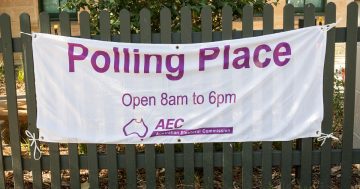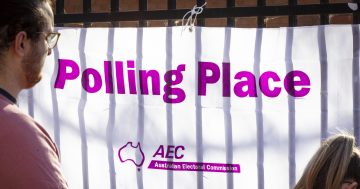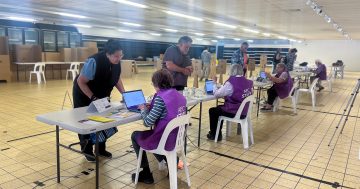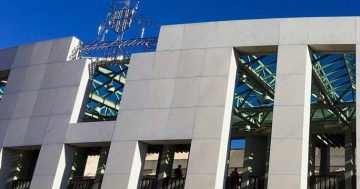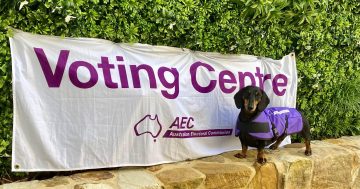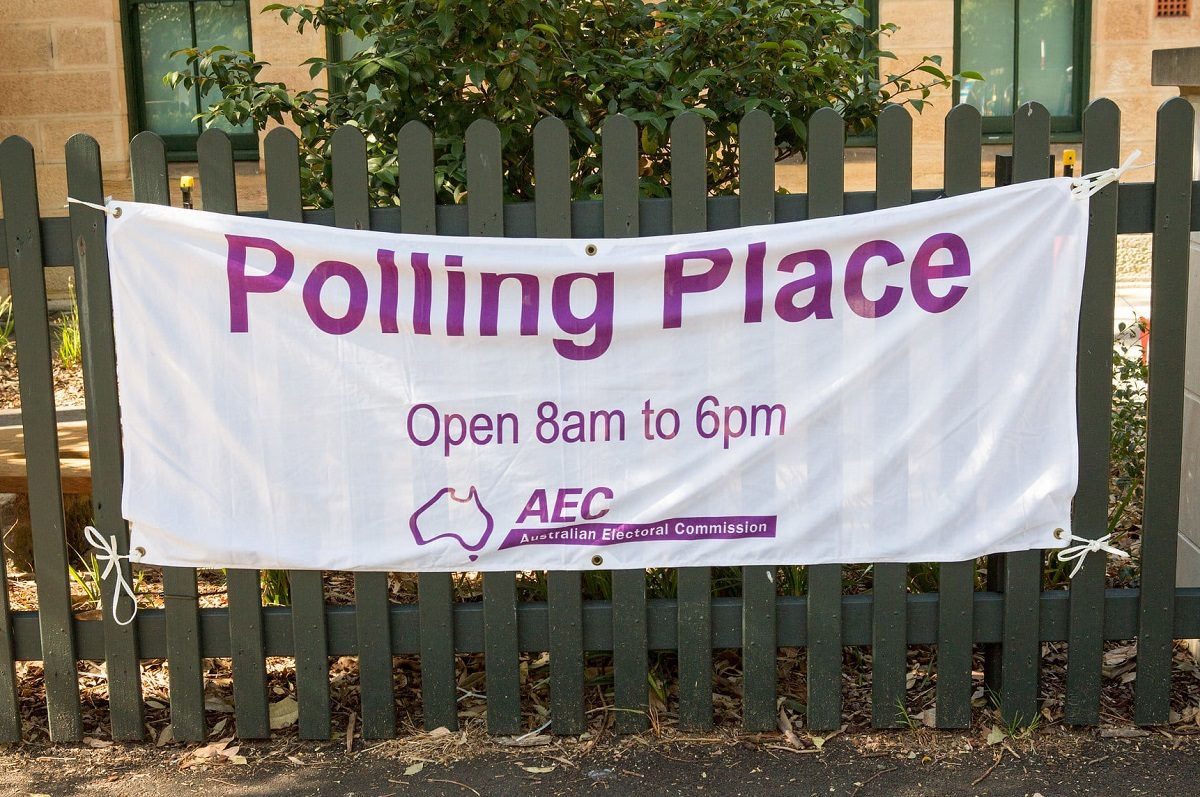
Multicultural voters can access crucial information about the referendum in their own languages. Photo: AEC.
As the referendum date fast approaches, remote Australians and multicultural communities can now access crucial information about the Indigenous Voice to Parliament in their own languages. This ensures they are well-informed and can steer clear of misinformation.
On 14 October, Australians will be asked to vote Yes or No to this question:
A Proposed Law: to alter the Constitution to recognise the First Peoples of Australia by establishing an Aboriginal and Torres Strait Islander Voice. Do you approve this proposed alteration?
The Australian Electoral Commission (AEC) has referendum information available on its website in up to 34 international languages and more than 10 First Nation languages. This information aims to educate people about the purpose and process of the referendum and how to identify possible disinformation about the voting process.
By making information available in so many languages, the AEC can communicate with close to 80 per cent of the culturally and linguistically diverse eligible voting population. This amounts to approximately 2.3 million people and provides the broadest possible reach for communication across Australia.

AEC bilingual spokesperson Valerie Ye: “The AEC developed an education program for multicultural communities.” Photo: AEC.
Valerie Ye, the bilingual spokesperson for AEC, explained the data-driven approach to identify the key languages.
“This included ABS Census and settlement and citizenship data, based on which communities had the highest need for translated information – such as total number of speakers nationally, English language proficiency and recency of arrival,” she said.
To ensure multicultural community voters have access to necessary support, trained polling assistants and materials will be available at every polling location.
“The AEC will be trialling the use of ‘languages spoken here’ signs at the 2023 referendum so voters are aware of the languages spoken by staff at that polling place,” Ms Ye told Region.
“At the polling place, voters with language barriers can also ask a family member, friend or polling official for help if needed.
“Don’t worry if you make a mistake on your ballot paper. You can ask for another ballot paper and start again.”
The AEC is collaborating with over 1,500 organisations, including ethnic media outlets and stakeholders, to bolster voting awareness within the multicultural community through various initiatives leading up to the vote.
“The AEC developed an education program for multicultural communities being held around Australia … It includes practical exercises on completing a ballot paper and writing yes or no in English,” Ms Ye said.
“Many education sessions were delivered in language using National Accreditation Authority for Translators and Interpreters (NAATI) accredited translators.”
The 2023 referendum will set a historic precedent by delivering more voting services to remote communities than ever before in Australia’s history. Ms Ye noted that the first votes cast will be from remote locations.
“Voting services in remote communities started 19 days before voting day, on Monday, 25 September 2023, a week ahead of when early voting centres in other localities opens,” she said.
“The AEC will be using small planes, helicopters, 4WDs and occasionally boats in order to cover the millions of square kilometres that our remote voting teams cover.”
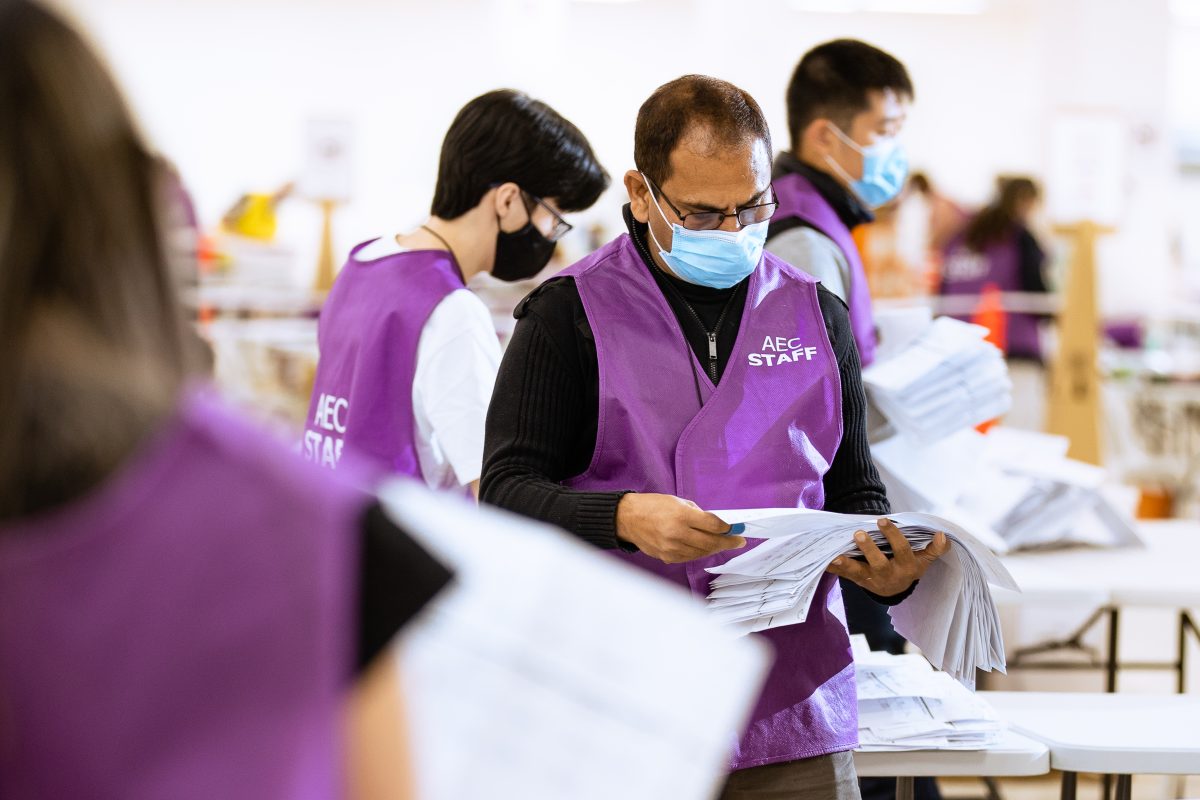
The AEC has announced that a record 97.7 per cent of eligible Australians are enrolled to vote in the upcoming 2023 referendum. Photo: AEC.
Australians have enrolled for the Voice referendum in record numbers, with 17,676,347 correctly on the rolls when registration closed on 18 September. This equates to 97.7 per cent of eligible Australians being enrolled to vote in the referendum.
Ms Ye highlighted the increase in First Nations’ enrolment, reaching 94.1 per cent, up from 84.5 per cent just six months ago and up from the mid-70s in 2017.
“The number of Indigenous Australians on the electoral roll as at 30 June 2023 is estimated to be 534,209. This is approximately 169,000 more Indigenous Australians on the electoral roll than what was estimated in 2017 and 60,000 more than the estimate just six months ago.
“The national rate of Indigenous enrolment (94.1%) is just marginally behind the overall national enrolment rate (97.7 per cent). In 2017, the gap was 21.6 per cent,” she said.
In the ACT, the enrolment rate stands at 98 per cent, with a total of 316,837 registered voters out of the eligible pool of 323,319.
For more information about voting in this referendum in your preferred language, visit the AEC website. Here, you can also find links to the AEC’s telephone interpreter service with 19 dedicated language lines or by calling the general 1300 720 153 to request an interpreter.












